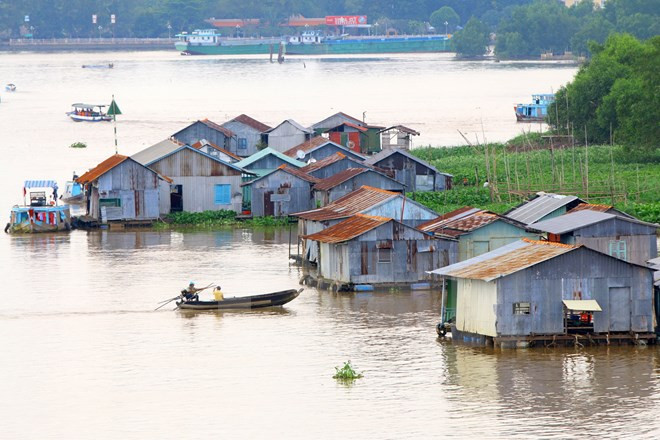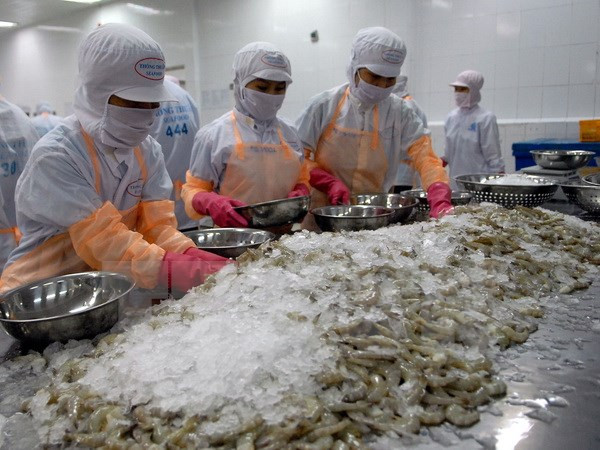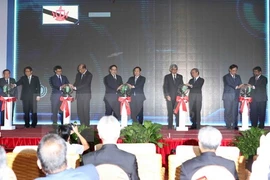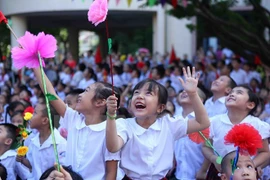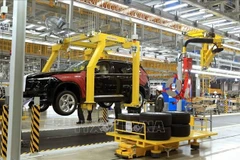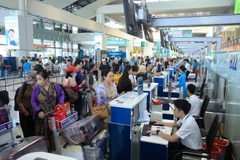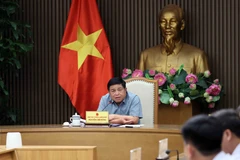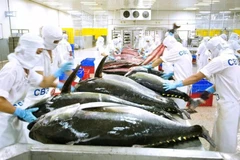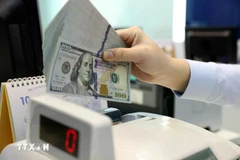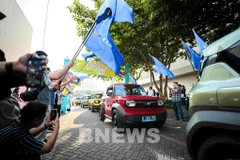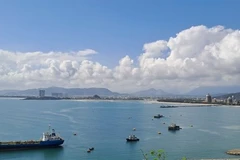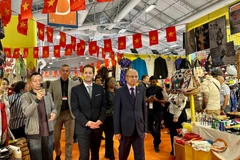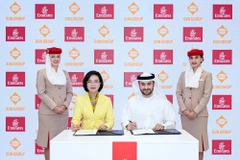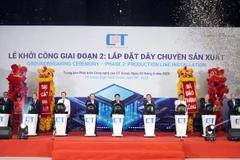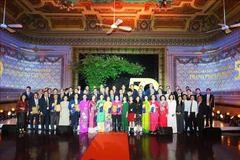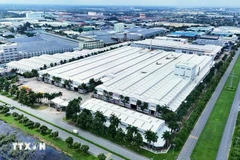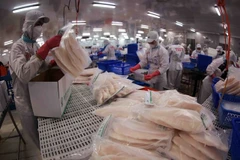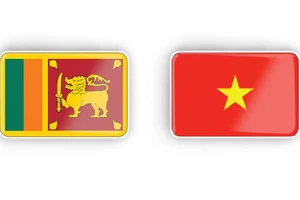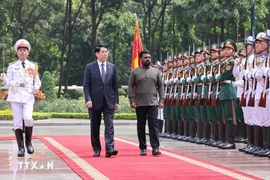Can Tho (VNA) – The ASEAN Community, due to take shape on December 31, 2015, is expected to offer both opportunities and challenges for Vietnam in general and the Mekong Delta region in particular.
ASEAN leaders signed the Kuala Lumpur Declaration on the Establishment of the ASEAN Community at the recent 27 th ASEAN Summit in Malaysia. The event is expected to create a major breakthrough for Vietnam’s economy.
The ASEAN Community is built on the three pillars – the ASEAN Economic Community (AEC), the ASEAN Cultural-Social Community and the ASEAN Political-Security Community.
The AEC will lift trade barriers; turn ASEAN into a single common market and production base; and promote the free circulation of goods, services, investment and skilled labourers.
Vo Tri Thanh, Deputy Director of the Central Institute for Economic Management, said that ASEAN connectivity, particularly in the AEC, will facilitate regional stability, resource mobilisation and investment capital allocation.
ASEAN member countries will become each others’ trade partners, he said, adding that regional and global supply chains will be formed as the result of leading firms’ investment in developing countries.
However, Thanh said, the region’s countries will have to face a host of shocks caused by price changes, the application of technical barriers, crises and policy overhauls.
Tran Dinh Thien, Director of the Vietnam Institute of Economics, pointed to Vietnam’s advantages in natural resources, labour, agriculture, garment-textile and assembly, which he said may help lure more investment from other ASEAN countries.
Vietnam will have opportunities to expand the market, boost export activities and improve its competitive edge for its export items as tariffs are lowered to zero, he noted.
However, locally-made products will have to face a fiercer competition with the flood of consumer goods from other regional nations, he said.
On one hand, the country is expected to welcome a wave of ASEAN investments in finance and real estate, which are developing in Vietnam, Thien said.
On the other hand, old-fashioned industries that cause environmental pollution will also seek to penetrate the country if there are no technical barriers, he warned.
Pham Chi Lan, an economist, said the AEC will help Vietnam ease its dependence on materials imported from traditional markets, as the materials in service of the country’s major industries are now purchased from other countries in the region.
However, she warned that the import tariff cuts will lead to a reduction in State budget collection.
Given this, economists suggested Vietnam prioritise building policies, protecting consumers and intellectual property rights, and developing infrastructure, a tax system and e-commerce.
Thanh underlined the need for the Government to exert greater efforts in policy reform and building, and market-economy institution completion. It needed to increase the role and position of the private sector, and fulfill commitments the country has made in trade agreements.
The move aims to promote the business spirit, encourage innovations in the fields of management and technology, he said.
Apart from learning how to adapt to fierce competition, businesses should raise their competitive edge and fully meet technical requirements imposed by developed countries, he added.
He also called on businesses to study current and to-be-issued Government policies and reforms.
Meanwhile, Lan suggested the popularisation of information and commitments among the business circle, as well as the revamping of administrative procedures and the business environment to attract more domestic and foreign investors.
Along with updating the country’s commitments, Vietnamese businesses should renew their administration, modernise equipment, improve the skillfulness and capacity of their workers, and take more initiative in seeking partnerships, she said.
Economists described a long-term vision and policy, and economic organisation based on the global chain and the application of advanced technology. This will help Vietnam move forward with the opportunities afforded by the AEC.
According to the Vietnam Chamber of Commerce and Industry (VCCI)’s Can Tho chapter, the Mekong Delta region boasts strengths in various realms, ranging from agriculture and fisheries to trade, services and labour.
However, moderate provincial competitiveness, limited investment capital, low administrative capacity and the shortage of high-quality labour hinder the region’s development.
Vo Hung Dung, Director of the VCCI’s Can Tho chapter, pointed out that most of the businesses in the region are small and medium-sized enterprises with outdated technology and poor administrative capacity.
Therefore, he said, they will have to face strong pressure from competition, including the risk of bankruptcy due to the spread of major foreign groups and firms in the country.
Although the region has strength in agriculture, it lags behind other regional countries that have potential in this field, but have more advanced science-technology and better administration abilities.
Dung suggested Mekong Delta businesses research impacts caused by trade agreements to take better advantage of opportunities and limit risks, thus improving their competitiveness in preparation for integration.
The businesses were also urged to renovate machines and equipment while expanding their production.
The Mekong Delta is a dynamic region with many exporters of rice, fruit, vegetables and fishery products.
The VCCI’s Can Tho chapter revealed that between January and March 2015, up to 90 percent of local businesses said they would stabilise or expand their production in 2016.
This figure shows that the businesses are aware of these challenges and opportunities, and are preparing for intensive integration.-VNA
